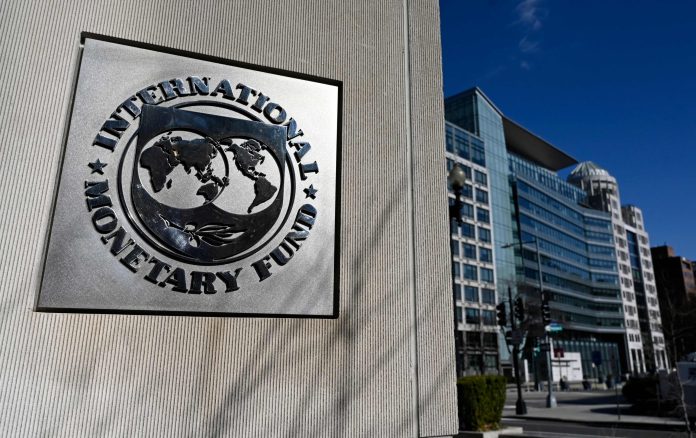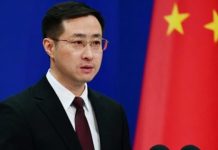Staff Report
ISLAMABAD: Despite objections raised by the International Monetary Fund (IMF) over the proposed petrol subsidy plan, Minister of State for Petroleum Musadik Malik has insisted that the scheme would not derail the loan deal.
The minister appeared confident that the IMF can be convinced of the proposed scheme by adopting the model of differential gas pricing mechanism.
Pakistan is currently holding talks for the revival of the $6.5 billion loan programme stalled for months and has succumbed to the Fund’s demands, multiplying problems for the masses and the delay in the disbursement of the $1 billion tranche has caused immense damage to the economy.
The Fund had sought details from the government about its petrol subsidy plan, saying it was announced without taking it into confidence.
Defending the proposal, Malik said that in the gas sector, the government had already implemented differential gas pricing for the rich at higher rates while providing it at cheaper rates for the poor.
He also explained that the finance ministry had shared two questions on the modalities of cross-fuel subsidy, which were replied to in detail to satisfy the IMF.
Malik emphasised the government would not take any action that could jeopardise the IMF programme and hoped that the Fund could be convinced of the modalities of the proposed cross-fuel subsidy on the pattern of the gas sector.
In response to a query on why the petroleum ministry did not wait for the completion of the ninth review of the IMF before sharing the cross-fuel subsidy-related summary, he clarified that the ministry had not moved any fresh summary and that it was the same summary that was prepared last month when the prime minister had given his nod in principle.
He said the finance ministry was dealing with the IMF, and the lender had sent two questions on the proposed cross-fuel subsidy through it, which were replied to in detail. He expressed confidence that the IMF could be convinced of the proposed scheme, as it would be devised on the pattern of gas pricing, which had been made expensive for the rich and cheaper for the poor segment of society. Malik further added that the government intended to subsidise petrol for 800cc cars and motorbikes by making petrol prices expensive for the rich segments of society. Amid concerns about its modalities, Malik said that it could be implemented. However, agencies reported that the price differential for the gas sector could not be implemented without many hassles because it was piped gas, and the pricing could be made based on consumption. In contrast, it would be challenging to implement it transparently for petrol prices.
The half-cooked cross-subsidy has caused unwarranted delays in striking a staff-level agreement with the IMF, and it remains to be seen how the Washington-based lender responds to it.




